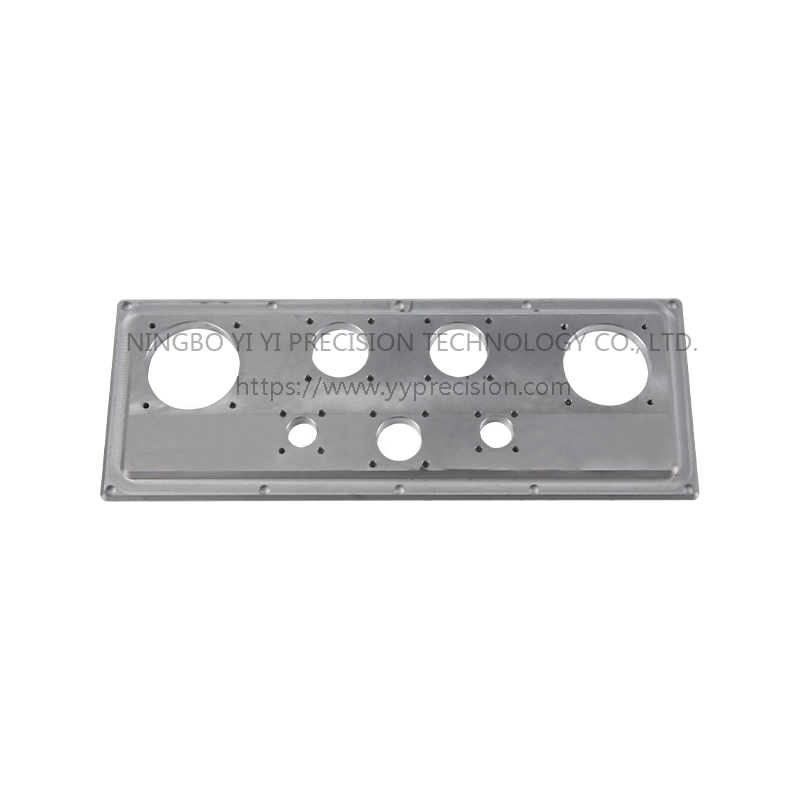Various industries, such as aerospace, automotive, medical, and electronic, utilize
precision turning parts to create high-precision components. These parts are often made using a variety of materials, including steel, aluminum, titanium, and stainless steel. Each material offers its own unique characteristics and properties. If you are looking for precision turned parts, it is a good idea to consider the advantages of each material.
Brass is an excellent material to use for precision turned components. It has good electrical conductivity and corrosion resistance. This material is also lightweight and durable. However, it does not hold tolerances as well as other metals. It is not recommended for vacuum applications. It is also a less expensive alternative to other metals.
Several industries require precise custom components, and you should choose a manufacturer that offers a high degree of quality and reliability. This can be done by obtaining samples of the finished product, comparing the manufacturer's performance, and assessing the lead and shipping times. You should also ask about the packaging details and the overall durability of the component.
CNC turning is a process that uses computer-controlled machines to turn your part. It involves the use of a single-point cutting tool that is mounted on the job, which forms hollow shapes. These turned parts are then polished to achieve a desired surface finish.
Unlike traditional lathes, the CNC lathe does not require in-depth lathe knowledge and is easier to set up. This makes it the ideal choice for small or medium-sized turning parts. It also allows for more flexibility. It does not require an operator to handle the part and allows you to work on many different products at once.
While aluminum is popular, other metals can be used to produce CNC precision turned components. These include copper, steel, and stainless steel. Depending on the materials you use, your components may have unique characteristics, such as high strength, high machinability, or a smooth finish. Choosing the right material can help you get the most out of your CNC precision turned components.
In addition to being an affordable material for precision turned components, aluminum is also nonmagnetic. The material is easy to machine and maintains a high degree of durability. It can also be plated with other materials to improve its conductivity. In addition, stainless steel is often used for precision components because of its resistance to corrosion and durability. The parts have an attractive appearance and are often used in the consumer industry.
The precision turning industry manufactures small to medium-sized parts. These are used in a wide range of industries, including aerospace, agriculture, medical, and aeronautics. The industry also produces large parts, which are used in hydraulics, oil & gas, and electronics.

CNC Machining Of Motor Covers For Assembly Parts In The Automotive Industry
Purchase The Board, Make The Shape Directly On CNC, And Punch The Holes
Material: 6061
Thread Size: M3
Width: 45*185*19mm

